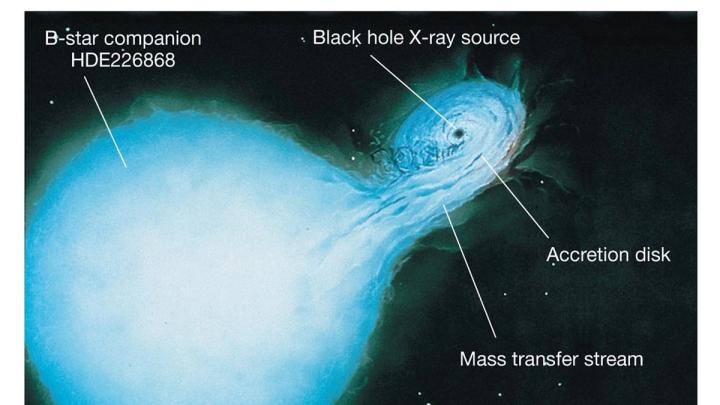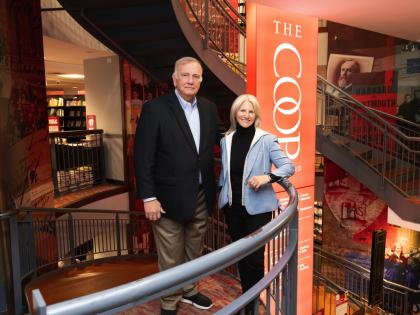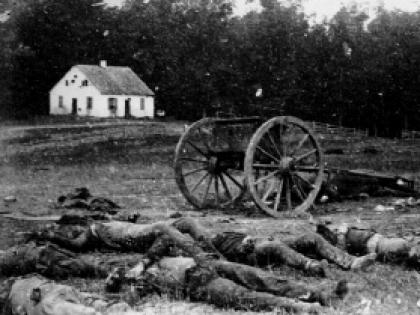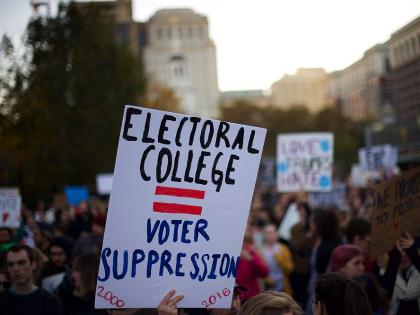The idea that objects exist whose gravity is so powerful that light cannot escape them has been around for centuries. But it was not until instruments aboard a rocket detected x-rays from an unseen source in the constellation Cygnus in 1964 that researchers considered the possibility that they had in fact discovered a black hole, an object from which nothing, including light, can escape. Seven years later, astronomers discovered a star in Cygnus orbiting something that could not be seen. “The dark object’s gravity seemed to be tearing gas from its bright companion,” says author and astronomer Ken Croswell, Ph.D. ’90, “and as the gas took the final plunge [see illustration], it became so hot it emitted x-rays.” But not everyone believed a black hole was the cause; in 1974, Stephen Hawking even bet another physicist that it wasn’t. Now the controversy (which Hawking conceded long ago, based on indirect measurements) has been definitively put to rest by Mark Reid and colleagues at the Harvard-Smithsonian Center for Astrophysics, who were able to calculate an accurate distance to Cygnus X-1, making possible an inference of its mass. Furthermore, they calculated that the gas closest to the dark object orbits it almost 670 times per second—a phenomenal rate that is half the speed of light—clear evidence of an object whose gravitational pull is so strong that it could only be a black hole.
A Bet and a Black Hole

You might also like
Harvard Students form Pro-Palestine Encampment
Protesters set up camp in Harvard Yard.
Harvard Coop’s Changing of the Guard
New leadership for a staple Square retailer
Artificial Intelligence in the Academy
Harvard symposium assesses the new technology.
Most popular
More to explore
Harvard Cardinal Robert W. McElroy on the Changing Catholic Church
Cardinal Robert W. McElroy on how the Catholic Church has moved towards inclusivity.
AI as Cancer Oracle?
How is artificial intelligence (AI) being used for cancer detection and prevention?
The Harvard Graduate and Early Vegetarian Benjamin Smith Lyman
Brief life of the vegetarian trailblazer, 1835-1920







